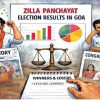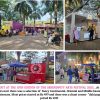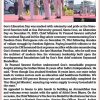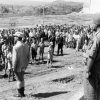Goa is abuzz with excitement as vintage bike and car owners, users, collectors and fans are decking […]
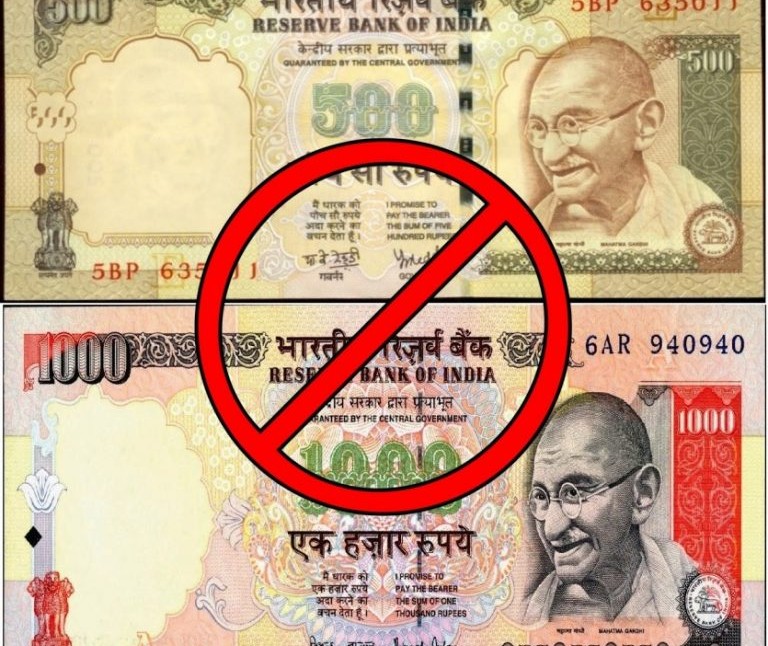
DEMONETISATION: ‘SURGICAL STRIKE’ ON POOR & ELDERLY
Corruption, Digital India, Economy, Nov 26 - Dec 02 2016, Politics November 27, 2016By Rohit Kumar
The first thought that crossed my mind as I watched Prime minister Narendra Modi unveil his demonetisation “masterstroke” on live TV was – how are the elderly, the disabled and the poor going to negotiate the days and weeks to come? But the accolades showered on the PM from captains of industry, film stars and people of note (pun unintended) quickly filled up the airwaves. Black money, we were told, had now been dealt a death blow! And as a bewildered nation tried to understand and absorb the news (and the speed with which this “financial surgical strike” was carried out), the people in power told us to chin up and bear with minor inconveniences in the service of the nation.
The congratulations flowed on Facebook, and other social media applauded this great and bold step. And yet, the little voice in my head persisted – how are the elderly, the disabled and the poor going to negotiate the days and weeks to come?
Over 90 per cent of India, by some estimates, works in the unorganised sector. Many, if not most of them, do not have bank accounts or even valid ID proof. I cannot help but wonder, where will they deposit their savings and how will they exchange their now-defunct `500 and `1000 notes with new currency? How will the elderly with old currency, no ATM access and hardly anyone to care for them survive the days and weeks ahead?
Don’t get me wrong. I’m all for ending black money. But does the end justify all the means used to accomplish it?
I live in a metropolis. I have a debit card. I am what they call middle-aged and middle class. I can order groceries and books online. A few days of inconvenience are not a very big deal for me. But here’s the thing. The country is bigger than I am. The great majority of India is poorer than I am. Most people in India are technologically more backward than I am. Many are physically weaker and less mobile than I am. This is not just about me. This is also about them.
This is about the lady who cooks and cleans in several houses, whose husband is a daily wager. If he spends the day in queue from 9am until 4pm at a bank, he loses out on his daily wages. The milkman cannot deliver milk anymore because he can’t pay for it. The presswalla who irons the housing society’s clothes is going from house to house asking for `100 notes. He can’t afford to stand in line the whole day either. This is not just about me. This is also about them.
This is also about the elderly neighbour I travelled down the elevator together with. I joked with her, “Got your hundred rupee notes, aunty?” She didn’t think it was funny at all. In fact, I got quite an earful in the lift.
She made me wonder how millions of others in India in similar and worse situations are coping.
Nelson Mandela, in his book Long Walk to Freedom said, “A nation should not be judged by how it treats its highest citizens, but it’s lowest ones.” And I cannot help but wonder – how will history judge the present dispensation? And what will the ultimate verdict on the “greatest masterstroke of modern India” be?
Courtesy: Huffington Post



